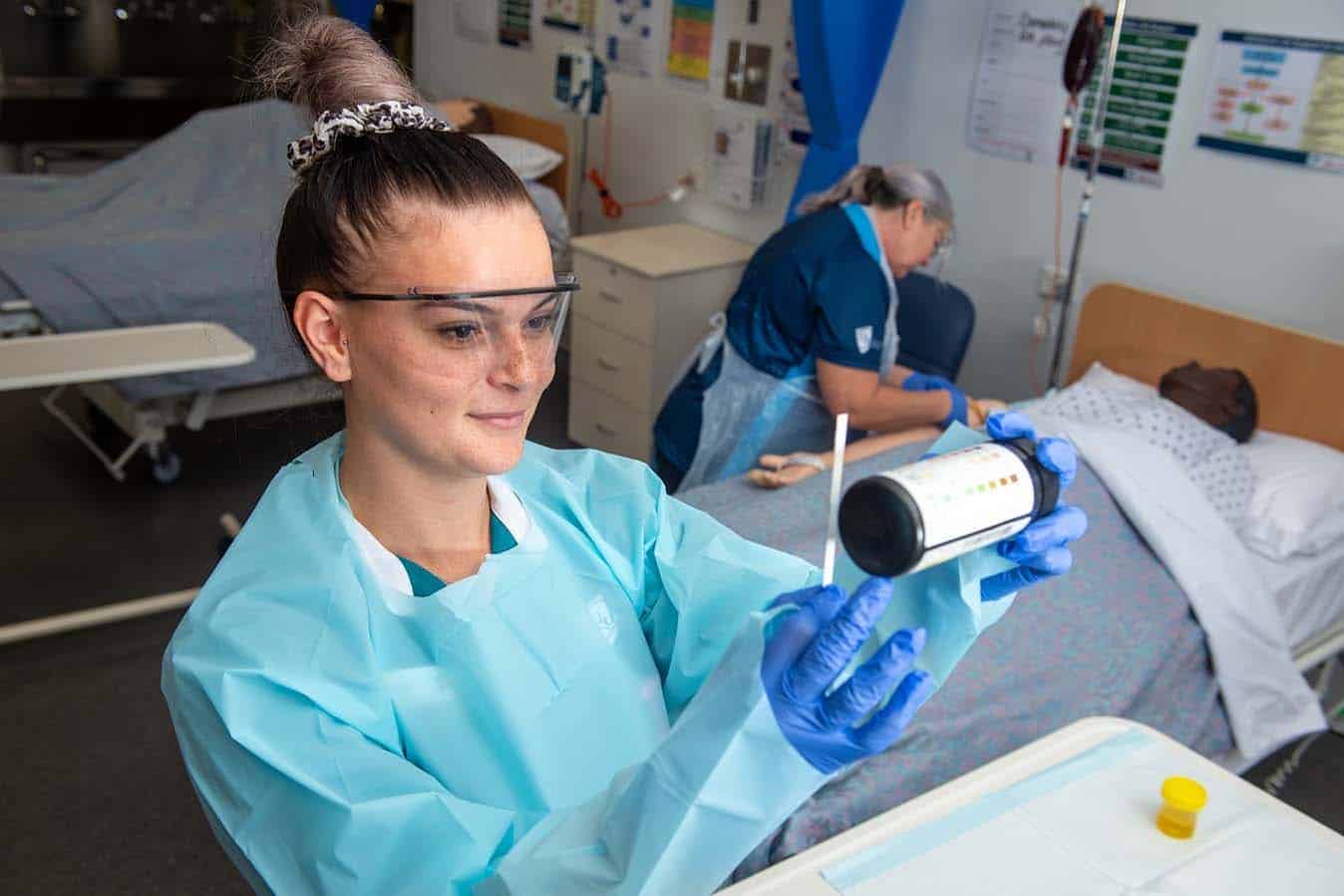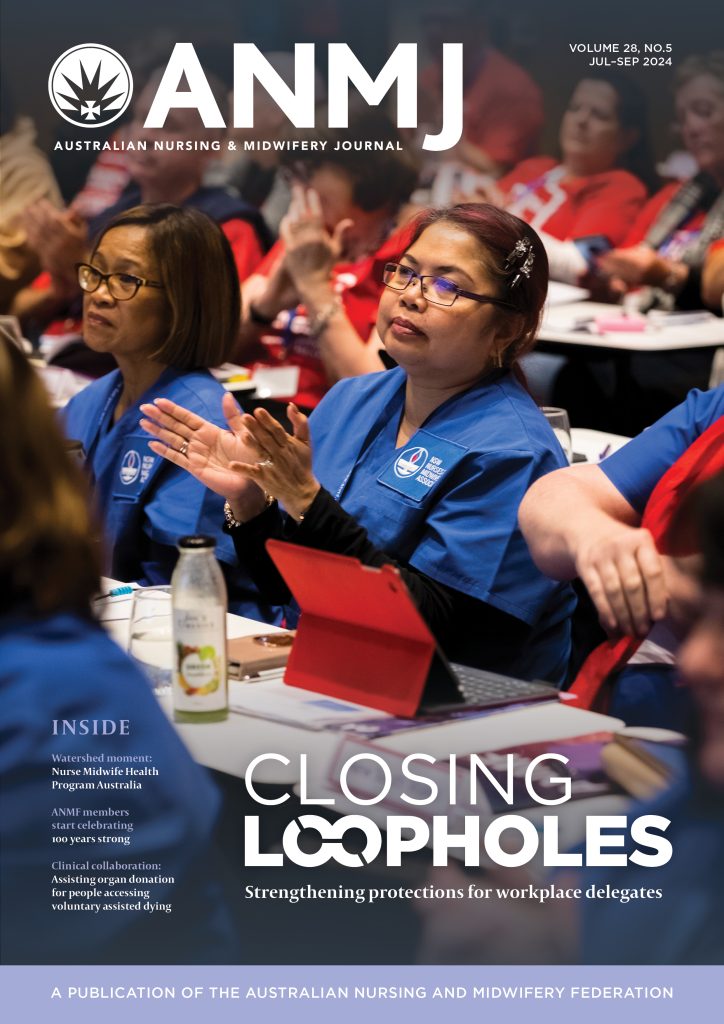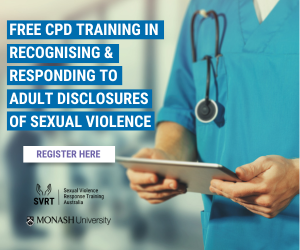Congratulations! You’ve been accepted and are now enrolled into a Bachelor of Nursing Degree.
You may be feeling excited and a little nervous about what to expect and how to prepare.
CQUniversity First Year Bachelor of Nursing Coordinator for the past 11 years, Sandy Mclellan shares her key tips for navigating your first undergraduate year.
-
Don’t overextend yourself
Students are often juggling many roles – they may be a fulltime student, working, parent, spouse and/or carer.
“Students who overextend themselves often do not do well in their study, or at home or in their other job. Work out what you and your family can manage. You have six years to finish the course, you don’t have to do it in three years.
“If you’re finding it too much, seek advice on what you can drop, but don’t do it on your own or you may find you’ll be out of sync with your unit prerequisites.”
-
Make sure you factor in time for yourself
Include time for yourself when you’re planning your study schedule.
“Make this time for yourself sacrosanct. Students who don’t take time out for themselves often get burnt out.”
-
While you’re studying, treat it as if you are at work
Be strict with your study time.
“Tell yourself and friends that you’re ‘studying at the moment but I’ll be finished at 1pm.’ Friends wouldn’t drop in to your workplace unannounced to have a cup of tea.”
-
Have a study plan and stick to it
If you’re studying full-time that’s four units of study.
“Each unit requires about 12.5 hours per week plus additional time for your assignments. You need to allocate an equal amount of time for each unit. Be clear on when each assessment is due. When working on one unit you need to put it aside to move on to the next for the afternoon.”
-
Textbooks
The prices for prescribed textbooks are hefty. Check which ones you need to buy. Some you may be able to access cheaper as e-books or borrow from the library.
“Texts that you are going to use across all your clinical units you should purchase. Those that you may only use for one term you could try and borrow from the library or find a cheaper alternative, such as buying second-hand. If they’re 15 years old, they’re probably too old. If they’re the previous edition you just need to check the index as the page numbers won’t match.”
-
Don’t benchmark yourself against other students
“Don’t compare yourself with other students. High distinction students will sail through, other students will struggle and pass and that’s ok.
“For your assessments always read the marking criteria and only look at the high distinction column – if you aim to meet the requirements for a HD you will pass. Pay attention to what we call the ‘gimme marks’ for referencing and grammar and spelling – they are free marks if you get them right and can get you over the line.”
-
Reach out to your peers in the group forums
It can get lonely, particularly for online students who can be quite isolated. Access the forums and the group discussions.
“Use the forums rather than Facebook where there can be misinformation from your fellow peers, particularly on assessments. Your lecturers are not members of the Facebook groups. Be careful where you source your information. Use your university librarian – they provide an hour session which can be beneficial in your first year.”
-
Seek help if you’re feeling overwhelmed
If you’re struggling, first speak to your unit coordinator. Get clarity on what the assignment is or what you need help with.
“There’s the Academic Learning Centre or similar in other universities who you can reach out to for help with assessments. If you’re feeling completely overwhelmed, speak to a university counsellor.”
-
Start your mandatory checks for clinical placement early
Various mandatory checks all take time. However you need to prioritise them.
“You need to do your vaccinations early – start now before the semester starts. Hepatitis vaccination can take up to eight months.
“Financially we know costs are an issue for students. Can I afford that now or can it wait until later? Your Blue Card and Police Check expire after 12 months so don’t get them done too early or you’ll have to pay for them again. You need to get fit-tested every 12 months so do that just before your placement.”
-
Have fun!
“Enjoy yourself or you’ll struggle to learn.”










